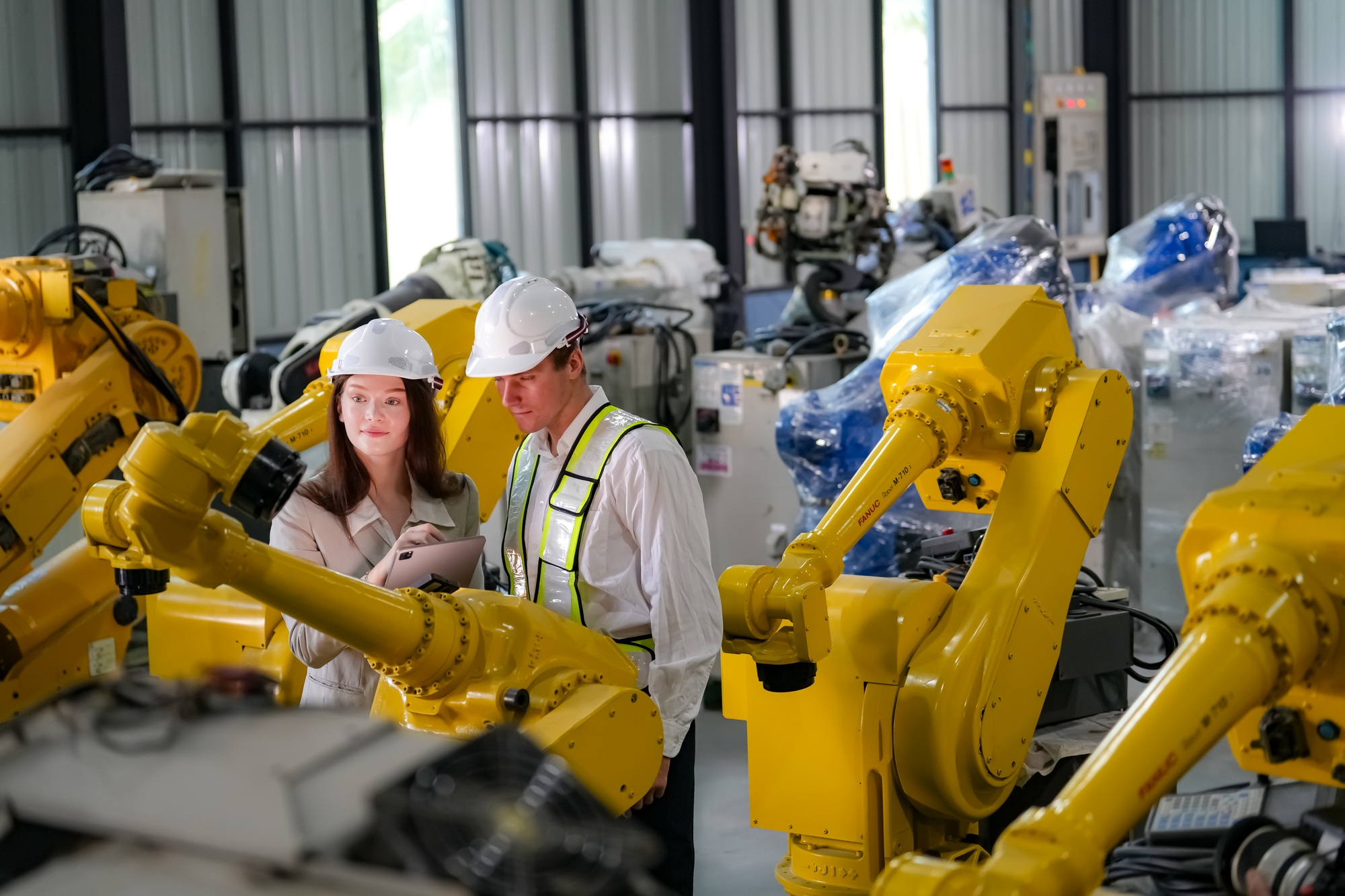In a move that has sent shockwaves through the tech and labor worlds, one of the most respected names in artificial intelligence has launched a controversial startup with a radical mission: to replace all forms of human labor using advanced AI systems.
Dr. Eliza Choudhury, a celebrated figure in AI development and formerly a chief scientist at one of the top AI labs globally, unveiled Autonome, a stealth-mode venture that seeks to “completely automate the global workforce.”
Yes, you read that right — all human workers.
What is Autonome’s mission?
According to its founding manifesto, Autonome’s core goal is to create an integrated AI platform capable of handling every economically relevant task currently performed by humans — from manual labor and logistics to complex creative and strategic work.
Dr. Choudhury stated:
“The time has come to rethink the very structure of labor. With the technology we now possess, human employment is no longer necessary for productivity or prosperity.”
The bold tech behind the ambition
Autonome is reportedly building a modular AGI (Artificial General Intelligence) system designed to:
- Learn and adapt across any industry or task
- Replicate cognitive and emotional intelligence at scale
- Interface seamlessly with robotics and enterprise systems
- Self-optimize and reduce human input to zero over time
Backed by $1.2 billion in seed and Series A funding from an undisclosed group of mega-investors and sovereign funds, Autonome already boasts a team of over 100 engineers and ethicists working in secrecy at a Bay Area compound.
Reaction: awe, fear, and skepticism
The announcement has triggered an immediate ethical firestorm. Labor advocates, philosophers, and tech leaders are calling the project “anti-human,” “unethical,” and “dangerously utopian.” Critics argue the move could destabilize economies, erode purpose, and trigger a new wave of job displacement far beyond current AI trends.
Former OpenAI executive Tara Hernandez commented:
“This isn’t about automation anymore. It’s about obsolescence. And that raises fundamental questions about the value of human life in a fully automated economy.”
Supporters say it’s the future
Still, some futurists and techno-optimists are applauding the vision, calling it a necessary disruption in the age of abundance. Proponents argue that universal automation could eliminate poverty, reduce inequality, and enable a post-labor society — assuming governments and systems evolve in tandem.
Dr. Choudhury insists the startup’s long-term goals include frameworks for universal basic income, psychosocial transition programs, and new cultural paradigms where human identity is no longer tethered to productivity.
What comes next?
Autonome’s first public prototype is expected to be revealed at the 2025 World AI Congress in Tokyo, with a demonstration of its AI handling legal analysis, surgical assistance, and scriptwriting — all in real time, and without any human operator.
Until then, the world will be watching. Can — or should — human labor be replaced entirely? With Autonome entering the ring, that once-hypothetical question just got very real.







